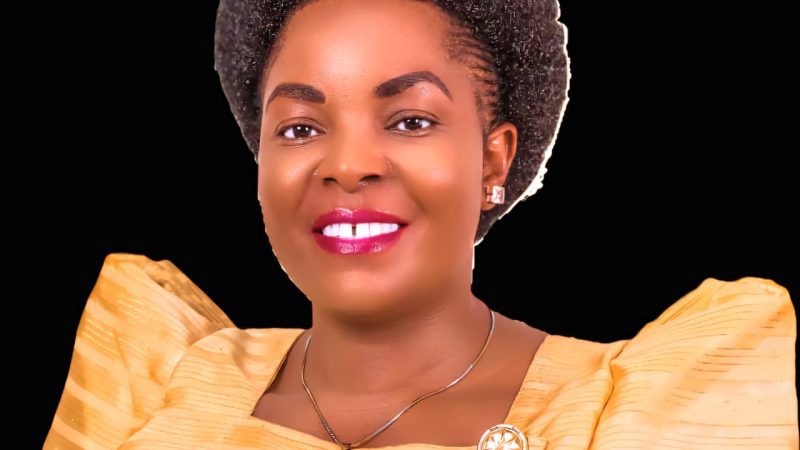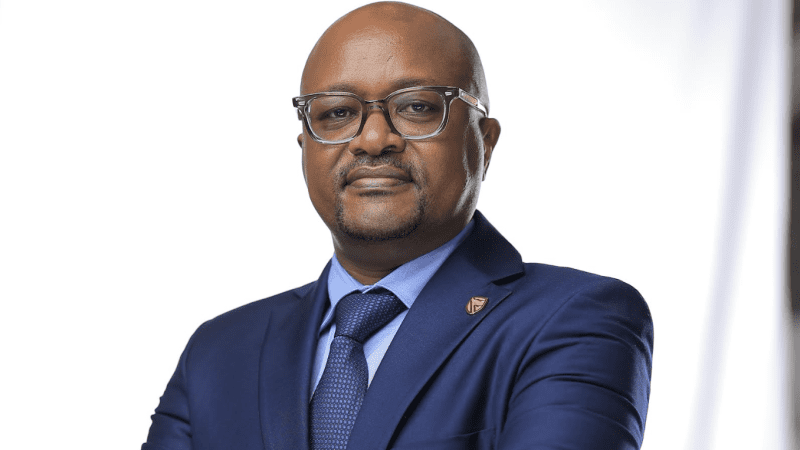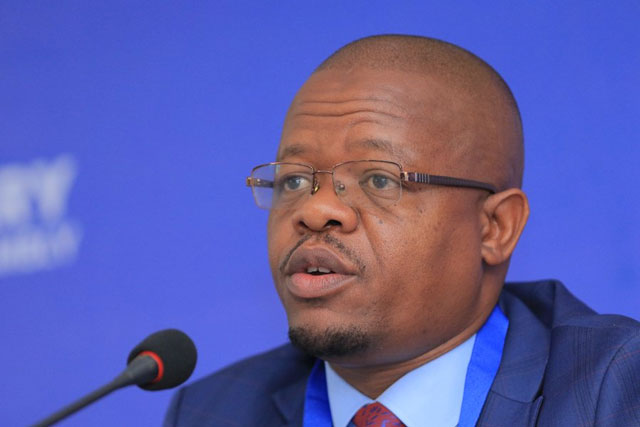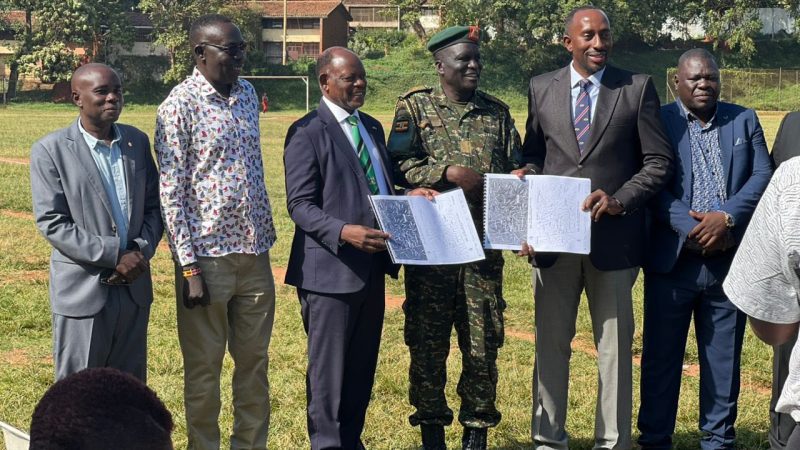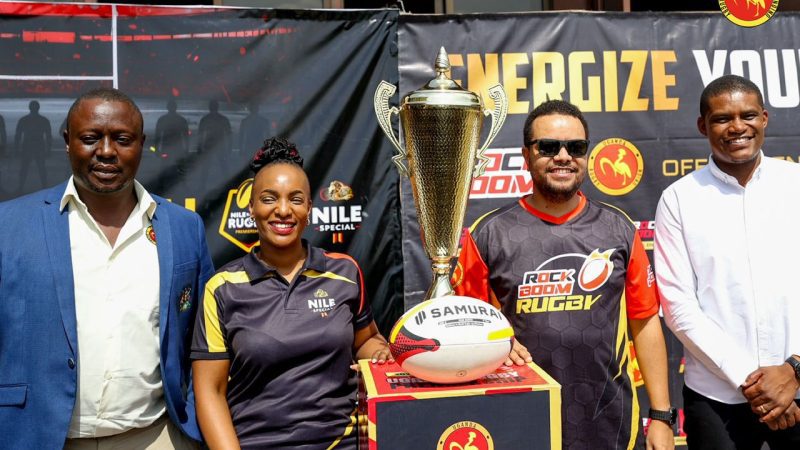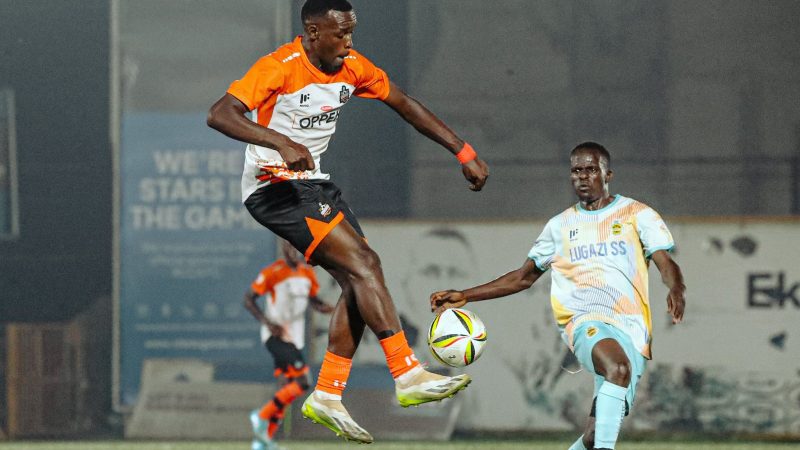The recent 99th FUFA AGM has amended the eligibility criteria for the Presidency of the Federation of Uganda Football Associations (FUFA).
Previously, for any person to be eligible for the candidature of the FUFA President, he should have served in one or a combination of any of the following positions for a total of at least 7 years in the last 10 years;
a) Executive Committee Member of CECAFA, CAF, FIFA
b) Executive Committee Member of FUFA
c) Chief Executive Officer/General Secretary of FUFA
d) FIFA Accredited Administration Instructor
The amended statute indicates that a candidate should be an Executive Committee member of fufa or an executive committee member of a member of FUFA for the last consecutive four (4) years before the elections and must have obtained at least a FAMACO II Certification.
Notably, to undergo Football Administration and Management Course (FAMACO) II Certification Course, one has to have at least attained a Senior Four (Uganda Certificate of Education) level of Education.
From outside, these amendments reflect the evolving landscape of football governance, emphasizing transparency, inclusivity, and competence of the Federation.
However, subject to the fulfillment of the eligibility prerequisites, a FUFA Presidential candidate shall only be valid if supported by any three members of FUFA where one such member is from the FUFA Super League Clubs or FUFA Big League, the other being member is from special interest groups and the other member being a region football association.
In May 2021, then Candidate Mujib Kasule blamed the FUFA Electoral Process after failing to submit his nomination forms to become the next FUFA boss.
Kasule who had picked his forms earlier, was supposed to return them few days later as required by the Electoral code.
His candidature was supposed to be valid if supported by any three members of FUFA where one such member is from the FUFA Super League Clubs or Big League and a member of Special Interest Groups (SIGs) as defined by article 10 in the FUFA Statutes.
Jiba, as commonly known in football circles, said that he failed to get signatures because the incumbent Moses Magogo had all other members unknowingly sign earlier yet no one is allowed to nominate more than one person.
A seemingly deflated Kasule then stated: “We have not been able to complete the process. Its a sham, no body can go through this system and succeed. It was set up to protect the incumbent, like it was four years ago.”
Jiba said that the chairmen of the SIGs were also made to sign similar documents, with each thinking that he was nominating Magogo. He added that he could not be endorsed by any of the regional CEOs because Magogo is their boss.
Kasule added that he got to know of the inability of FUFA members to sign for him when he tried to engage them recently.
Consequently, Hon. Magogo Moses Hassim was dully elected as the FUFA President for the next four years (2021-2025) during the 97th FUFA Ordinary General Assembly in Mbale City in August 2021.
Magogo is serving his third term as FUFA President, having gone to the helm in 2013, serving the first term upto 2017 and then re elected for the second term.
It’s strong to note that the President shall be no older than 70 years and no younger than 30 years at the moment of the Election.
They shall have had football administrative experience as defined in the FUFA Electoral Code.
Must have been resident within the territory of Uganda for two years prior to the elections
Be a citizen of Uganda, hold a minimum of Uganda Advanced Certificate of Education or an equivalent determined by the National Council for Higher, must not be serving a ban entered in force, must not have been previously found guilty of a felony offence and must have not been declared bankrupt.
The FUFA President’s primary roles include:
A) Implementing the decisions passed by the General Assembly and the Executive Committee through the general secretariat;
b) Ensuring the effective functioning of the bodies of FUFA in order that they achieve the objectives described in these statuses;
C) Supervising the work of the general secretariat
D) Relations between FUFA and it’s Members, FIFA, CAF, political bodies and other organisations.


